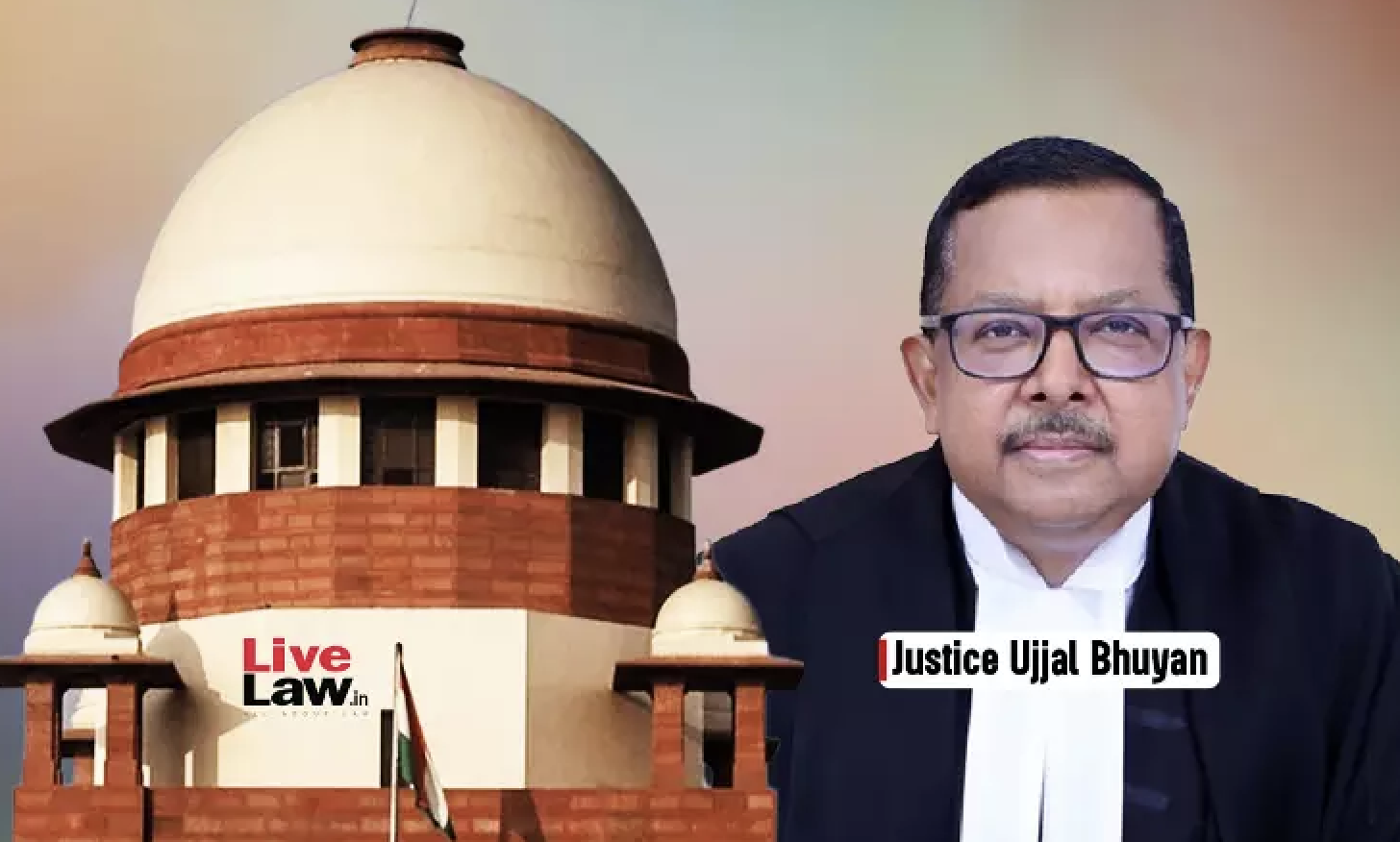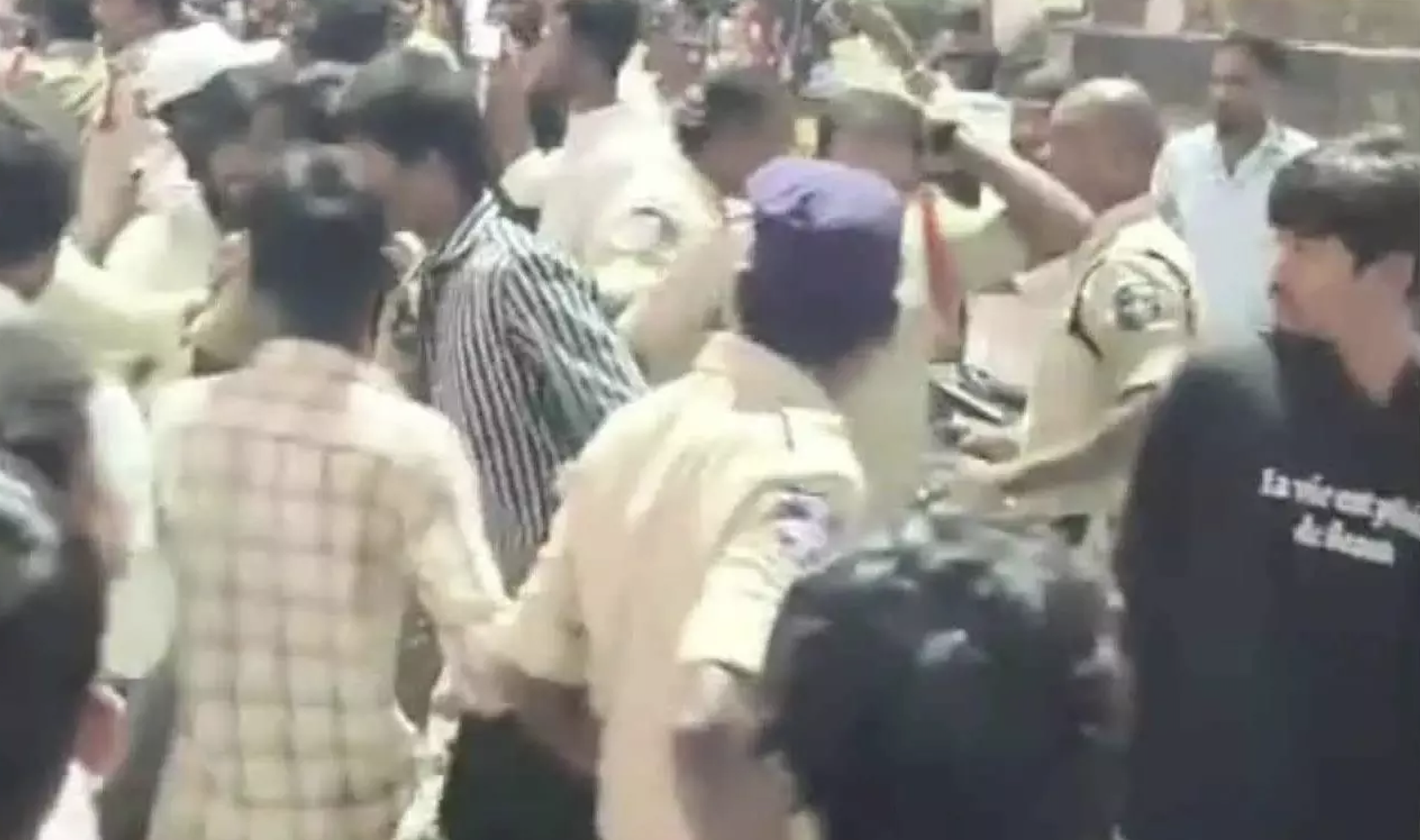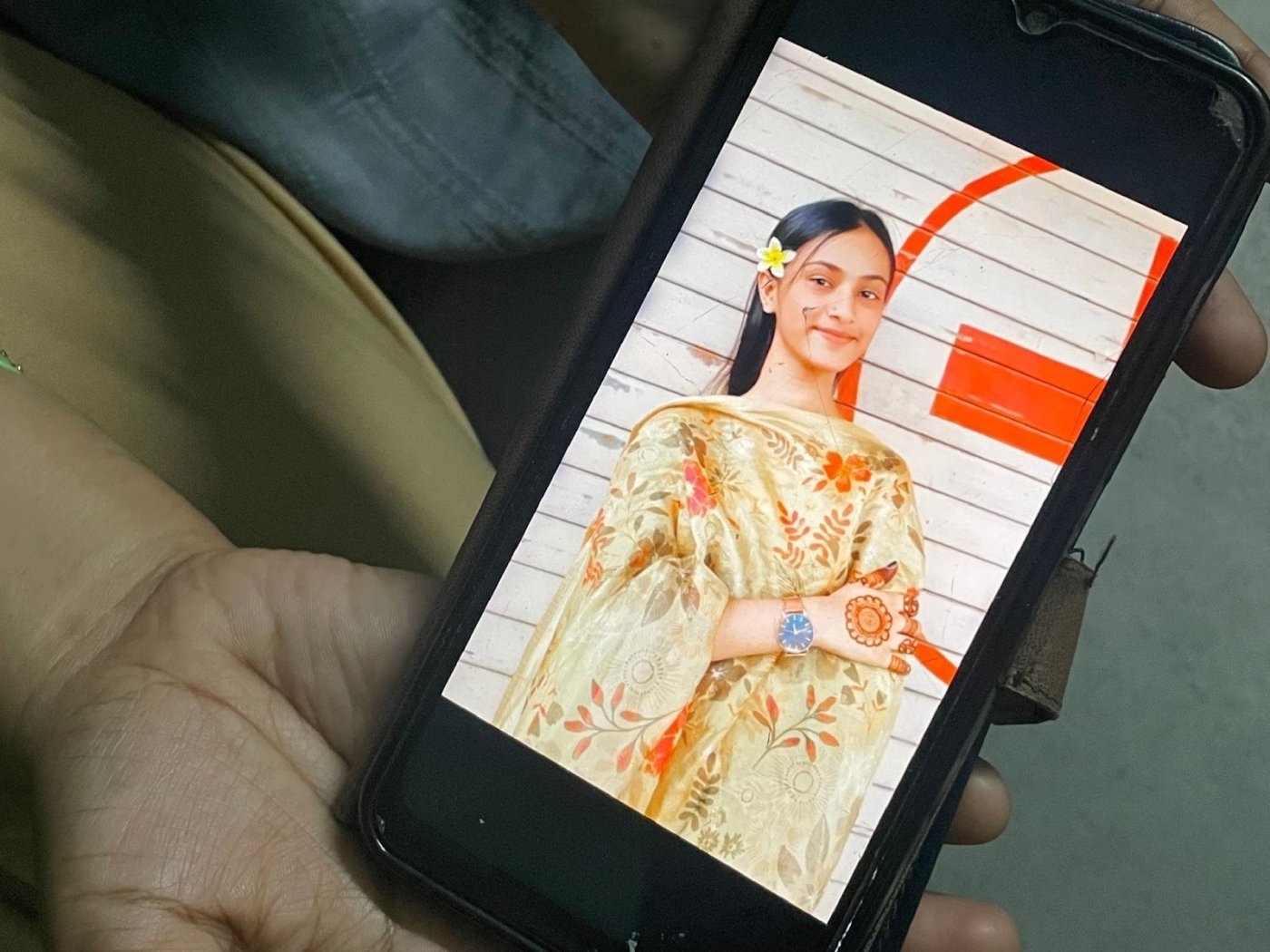
By HEMANT GAIROLA
Dehradun: “Now secular, let me show you the colours of azaadi (freedom), show you the state of Kashmir in 1990. Letters were pasted on houses of Hindus and Sikhs, saying get circumcised or be prepared to die. If you don’t convert to Islam, you’ll be killed. Leave your women behind, we’ll chase you out of Kashmir.”
Marked as ‘Forwarded Many Times’ on WhatsApp, a social media app run by the world’s largest social-media platform, Facebook, the poem in Hindi quoted only partly (see image of excerpt below) envisions a future where Muslims—14.2% of India’s population—have become the majority. It goes on to urge Hindus to realise that a repeat of the violence in Kashmir is imminent across the country, if India turns Islamic. The poem taunts secular Hindus, implores them to abandon secularism and return to their religion before “it is too late”.
A similar message circulating on WhatsApp imagines the year 2035: Muslims now make up half of India’s population and Asaduddin Owaisi is the prime minister; his government has declared India a Muslim nation, as it was his key poll promise; temples are destroyed across the country; Hindu men are slaughtered on the roads and women are raped or sold off. It urges Hindus to throw their weight behind Prime Minister Narendra Modi, instead of criticising him over the rising cost of food.
As Frances Haugen, a former Facebook data-scientist-turned- whistleblower recently revealed how pages associated with the Rashtriya Swayamsevak Sangh (RSS) promoted “fear mongering, anti-Muslim narratives” and a lack of Indian language editors led to unchecked hate speech in India, our investigation revealed the ease and extent of its spread.
Research has repeatedly established how lies told persistently, without checks, can sway online opinion and spur unrest and violence in the real world (here, here and here).
That is increasingly evident in India, where the spread of anti-Muslim hate speech, calls for economic boycotts, calls to safeguard women and call for attacks on India’s largest minority are evident in a spate of recent attacks (here, here, here, here and here), in large part in Hindi-speaking states, Karnataka and Assam.
Our tracking of these messages and the path of radicalisation also indicated how anti-Muslim messages made the leap from WhatsApp to government policy.
Open Season For Hate Speech
Article 14 joined four Hindutva groups on the world’s largest social media platform and found that despite Facebook’s claims at checking hate speech, there were virtually no controls on what was clearly hate speech.
Those spreading such speech had tens of thousands of followers and knew how to dodge the company’s largely ineffectual attempts to reign it in. When such posts were specifically flagged, Zuckerberg’s gatekeepers often said there was no violation of Facebook standards.
All the pages stereotyped Muslims as terrorists; cautioned Hindus that their end was near if they did not “wake up”; taunted Hindus for not taking up arms; justified violence in the name of religion; called for the “elimination” of the enemy; called for boycott of Muslims, including Bollywood actors; called for the declaration of a Hindu nation; and hailed Modi and Uttar Pradesh chief minister Yogi Adityanath.
These repeated messages appeared to lead to a normalisation of hate speech, evidenced in part by those who ran the groups: one of the moderators we interviewed was a man who ran three small businesses, another a woman who ran her family business.
One group makes their most proactive users moderators. A few admin/moderator profiles were fake or duplicate accounts of the moderators, which is against Facebook policy.
Each of the four Hindutva groups we joined were private: Bajrang Dal Group mein kattar Hindu judein (Hardcore Hindus join Bajrang Dal group) with 273,000 members; Hindustan hamara hai (Kattar Hindu dharm) India is ours (hardcore Hindu religion) with 162,000; Jan Sangh worker platform (Hindu consciousness, national consciousness) with 157,000; and Proudly proclaim we are Hindus (add 100 members to the group) with 88,000.
‘We Have A Robust Framework:’ Facebook
Article 14 asked Facebook why hate content and fake profiles were so easy to establish on its platforms. A Facebook spokesperson told us: “We have a robust framework to assess content, groups and individuals that may be violating our Hate Speech and Violence & Incitement policies and we take action as appropriate.”
The spokesperson said the company was “conscious” that there was more work to do. “We encourage users to report content they believe goes against our community standards,” said the spokesperson. “We action content that violates our policies.”
In one of the groups we joined, the moderator, a part-time security guard, owner of an autorickshaw and a small grocery shop, whose latest post stereotypes Muslims as terrorists, said Facebook had indeed blocked him a couple of times, once for a week and then two. His profile was deleted after he spoke to this reporter. But he returned soon with a new profile, posting hateful content.
The company had also taken down a couple of similar groups he was a part of, but he had “figured out” how to survive. He declined to share his survival tactics and spoke on condition that his name and direct quotes be withheld.
Facebook said on its website that its algorithm blocked three billion fake accounts globally (no data was available for India) in the first half of 2021 and claims it now removes 15 times more content for hate speech than it did four years ago.
Haugen, the whistleblower, leaked internal documents and accused her former employer of doing little to check angry, polarising and divisive content, since such content generates high user engagement and is, thus, good for business. Facebook founder and CEO Mark Zuckerberg has denied Haugen’s account.
Easy To Join World Of Bigotry & Bizarreness
Joining the Hindutva groups we explored was easy enough: fill a form, answer questions—two groups had no questions—and check a box.
The questions were basic: Write vande mataram, jai shri Ram; Bharat mata ki jai; whether you like RSS or not. An administrator reviews applications and lets you in.
A recent post in “Hindustan hamara hai (hardcore Hindu religion)” offered a Rs-10,000 reward to anyone who provided a tip-off about inter-faith marriage or love jihad, as Hindutva groups call it, a reference to the fact-free conspiracy theory (reported in Article 14), that Muslim men entrap Hindu women into marriage and convert them to Islam.
One post likened the murder of Mahatma Gandhi by the Hindu right-wing assasin Nathuram Godse to dharm yudh (religious war). One wished death upon Bollywood actor Aamir Khan and another taunted “a certain community” for its purported sexual interest in goats.
False and bizarre claims thrive in these groups, often coming from the moderators and the administrators themselves. One says former Uttar Pradesh chief minister Akhilesh Yadav promises to reconstruct the Babri mosque at Ayodhya; another says the actor Sajay Dutt is Congress leader Rahul Gandhi’s uncle because Dutt’s mother, Nargis, is related to India’s first prime minister Jawaharlal Nehu, the son of Mubarak Ali.
Only on two occasions did we find fake news flagged as such by Facebook: the claim that Yadav would rebuild the Babri mosque and another that the French government blew up a mosque because there was a bomb in it.
Most claims and posts go unnoticed, with members of the group reading and forwarding the claims.
The Normalisation Of Bigotry
One of the moderators we spoke to was a young woman, who on condition of anonymity, explained her motivation to join the cause of Hindutva: “The fact that we have been subjected to humiliation and have been suppressed over years.”
She said she handled her family business and was not affiliated with any political organisation.
Asked about anti-Muslim hate speech in her group, she said: “There’s no such thing as anti-Muslim post. There is nothing anti in it nor is there any false projection of Muslims. I don’t think facts should be termed as anti-Muslim.”
As the names suggest, two of the groups we joined declared themselves to be radicalised: Bajrang Dal Group mein kattar Hindu judein and Hindustan hamara hai (Kattar Hindu dharm).
The other two do not signify extremism in their name, but their content does.
What is common to them is the nature of the few dozen posts they share every day, fanning anti-Muslim sentiment. The page history of one of the groups reveal how they begin cautiously and grow bolder.
The first name of one group was Mile Jab Hum Tum (When You And Me Met). Some of the subsequent names of the group were: Always together ?; Love; Bhai Yar Setting Karwa De ??? (Dude, bro, hook me up); Royal editing world by Vinayak Creation; and Editing Cafe (Royal Editing World) Replacement Editing. All type pic.
This is the group that now goes by the name of Hindustan Hamara Hai (Kattar Hindu Dharm) with 160,000 members.
In this group, we found a video in which a potbellied man is seen beating a teenager with a cane on the suspicion of “love jihad”. The video shows others urging the man to stop hitting the boy. All the 87 comments below the video either call for the blood of the boy or abuse the people who try to stop the beating.
Facebook’s (In)Action
Much of the content in these groups clearly violates Facebook’s community guidelines, but when this reporter began bringing these posts and fake accounts to Facebook’s attention, none were foun din violation.
Facebook offers an option of appeal to anyone dissatisfied with its response. We appealed Facebook’s verdicts, but even after review, the company’s moderators concluded that these posts did not violate its community guidelines.
When we reported a profile called Sanatani (religious) Tiger and the hateful content he was putting out, Facebook said the profile was not fake. A bunch of profiles with obviously fake profiles, such as Pagal Ladka (Mad Guy), Ram Bhakt (Devotee of Ram), Sanatani Yodha (Religious Warrior), Kattar Hindu (Hardcore Hindu), continue unhindered.
We reported a few of the fake news and provocative posts to Facebook group administrators. Within 12 hours, our reporter’s Facebook account witnessed a hacking attempt.
The only warning that popped up on Facebook came when this journalist sought to join one of these groups (see the lead image in this analysis).
That means the page has been noticed by Facebook, but it continues to disseminate false and hateful information. Likewise, our reporter came across three profiles from the four groups proudly proclaiming that they were suspended by Facebook but were now are back “to lambast jihadis and traitors”.
In October 2020, Article 14 reported how Facebook’s community guidelines were not implemented in letter and spirit in India, when the content in question leans towards Hindu right-wing issues. Another October 2020 Article 2020 story reported similar concerns over Facebook posts surrounding Bollywood actor Sushant Singh Rajput’s death.
Facebook-owned WhatsApp too has put some checks and balances to contain mass dissemination of fake news and bigotry, but it lacks the option to report a message, pull it down break the chain of its transmission. Propaganda material thrives on the popular messaging app, the most common being, as we said, anti-Muslim content, much of which appears to be born as a whatsapp message.
‘Uttarakhand Jihad’: Online Claim To State Policy
Our reporter is based in Dehradun, Uttarakhand and received a few WhatsApp messages bearing the hashtag #Uttarakhand_Jihad. The messages came from a 75-year-old relative who said he received them from individuals, not WhatsApp groups.
One message spoke of how “jihadi mulle (jihadi Muslims)” have been growing in number and influence in Haridwar. It said these “Gazhwaai Mulle” might take over Haridwar and drag Hindu women out of their homes, even as the men “continue sitting on their hands”.
This message cites “case studies” of some Haridwar neighbourhoods and claims that in one area, Muslims now comprise 70% of the population. Whether true of not, none of this is illegal.
Another WhatsApp message tells the story of a Muslim man who settled in Uttarakhand’s Almora in 2001, and over the next two decades brought his relatives. A mosque was built, Junaid ditched his shirt-pant for kurta-pajama and his demeanour went from friendly to combative, as the number of Muslims in Almora increased, the message alleged.
These claims have now made it into the real world, with the BJP-run state government in September 2021 effectively legitimising them by ordering a watch on migrants who threaten “communal harmony”.
Chief minister Pushkar Singh Dhami said that “changing the state’s demography is a matter of concern” and his government was taking it “seriously”.
A Call To Vigilante Action
The warning against supposed Muslim migration into Uttarakhand ends with a call to action on WhatsApp forwards: Save the holy land of Uttarakhand from these “Tablighi Jamatis”; boycott them; make them leave Uttarakhand “anyow”; ostracise anybody who sells land to them; bring a law to make this happen.
These messages claim that Ghazwa-e-Hind (the conspiracy theory that the Muslims are vying to conquer India) is under way.
Another WhatsApp message calls for “destruction of jihadis” by boycotting Muslims fruit or vegetable vendors, tailors, barbers, garage-owner, taxi drivers; mehendi artistes; beauticians; restaurant owners; plumbers; electricians.
The message further lists brands owned by Muslims and calls for their boycott too. It demands boycotts of movies, music and writing involving “Mulle”, arguing that doing so can limit terrorism, forced religious conversion and murders of Hindus.
A bunch of screenshots, purportedly leaked from a WhatsApp group of some Muslims, shows the members discussing their mission of Islamification of India and abusing Modi for thwarting their ambitions.
Real Life Impact
An Article 14 analysis of the online Hindutva ecosystem quotes Nilanjan Sircar, senior visiting fellow at Centre for Political Research as saying that hate messages circulating on social media have an explicit offline market.
The story of a youth who participated in the communal violence in Delhi in February 2020 is a case in point. Our reporter has viewed the uncut, 32-minute video interview of the youth, a blue-collar worker, who confessed to cracking heads open and vandalising Muslims’ shops out of fear and anger.
The youth had received many messages on WhatsApp; one said Muslims had chopped off the ear of a Hindu woman in a nearby area, and the other claimed the Muslims were about to attack the Hindus that night.
He admitted that the persistent messages on WhatsApp convinced him that “Hindu khatre mein hain.” (Hindus are under threat). Closer home, our reporter’s relative, who forwards him #Uttarakhand_Jihad messages, has been frowning at family for buying fruits from a Muslim vendor and hiring a Muslim mechanic.
This story first appeared on article-14.com






